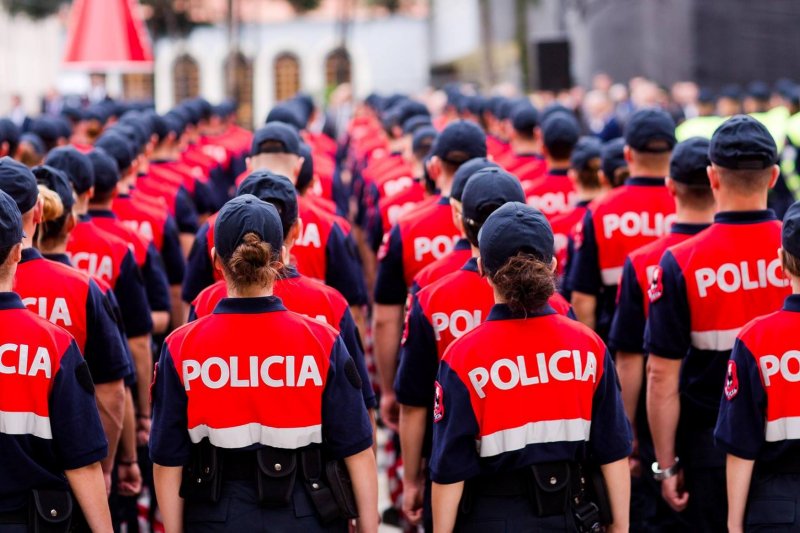Justice, Healthcare, Police Are Three Most Corrupt Institutions in Albania
A survey by the Institute for Democracy and Mediation found that the number of Albanians forced to pay for public services increased significantly over the past year, with public sector employees also reporting that corruption was "widespread". The justice system, the health system and the police are ranked as the three most corrupt institutions in the country.
The number of Albanians who declare that they have paid bribes to the central government or local government was significantly higher in 2020 than in 2019, while the trust of Albanians in public institutions decreased further, according to the survey "Trust in government 2020 â€, published by the Institute for Democracy and Mediation in Tirana.
"The proportion of Albanians reportedly paying bribes to receive a service from the central government increased from 19% in 2019 to 32% in 2020," notes the survey report, which interviewed 2,500 citizens across the territory.
The report also notes that a higher number of Albanians received public service last year, which corresponds to an increase in the percentage of the population that says they have paid bribes.
The year 2020 was unusual in Albania due to the new coronavirus pandemic and citizens' contact with the state authority seems to have increased due to the imposition of curfews and the burden of the police to enforce government punitive measures.
The results of the survey also suggest that Albanians do not pay bribes to get something that does not belong to them or to get a better or faster service, but first of all that the bribe is explicitly demanded. About 47% of those who said they paid said they did it because they were asked to, while 16% said they paid it in the form of gratitude for the service received.
Citizens were asked, among other things, whether they believe that public institutions are corrupt or not. About 87% of them stated that they rate petty corruption (bribes and tips) as "widespread" or "very widespread" on a scale of one to four. Only 2.8 stated that corruption is not widespread at all. About 84% of respondents estimated that major corruption is widespread or pervasive while 2.3% of Albanians believe that in fact the country does not have such corruption.
While Albanians, in general, have a slightly better assessment of governance, it is public sector employees who believe even more widely than the general public that corruption is rampant. According to the survey, 88% of respondents working in the public sector reported minor corruption as widespread or pervasive while compared to 2019, the assessment of state employees about the situation has deteriorated significantly. In the 2019 survey, the same group declared 77% widespread corruption, from 88% in 2020.
The justice system, the health system and the police are ranked as the three most corrupt institutions in the country. The part of Albanians who believe that the prosecution is not able to fight minor or major corruption increased in 2020 compared to last year, according to the survey results. Likewise, trust in the State Police suffered a dramatic decline. The belief that the prosecution will crackdown on petty corruption fell from 37% in 2019 to 34% while the belief that the prosecution would crackdown on major corruption increased from 27 to 29%.
Confidence in the State Police has plummeted. About 53% of Albanians stated in 2019 that they trusted the blue uniforms. But after the year of the pandemic, the collapse of the National Theater and the murder of 25-year-old Klodian Rasha, confidence fell to 43%, the lowest level since the start of the survey in 2015.
State Police has been accused during 2020 of politicizing, unjustifiably beating up protesters and repeatedly violating basic human rights. In January 2020, a Turkish citizen was forcibly deported despite asylum claims, while in May, the director of the State Police faced resignation requests after revealing that he had tapped a citizen's social networks in order to justify police violence against of minors.
In May, police were accused of using excessive violence and responding to political orders in the case of protests against the demolition of the National Theater while in December, its officers were seen making arrests while wearing civilian clothes or detaining mass young people participating in protests, often violent after the assassination of Klodian Rasha.
NATO, the European Union and the United Nations are the institutions that enjoy the highest trust from Albanians. Confidence in Civil Society and the Media declined. Confidence in justice reform also appears to be declining. Over the past year, 53% of Albanians continued to believe that this reform will have a positive impact on the country but this was 18% less than in 2016.
(Source: BIRN)













